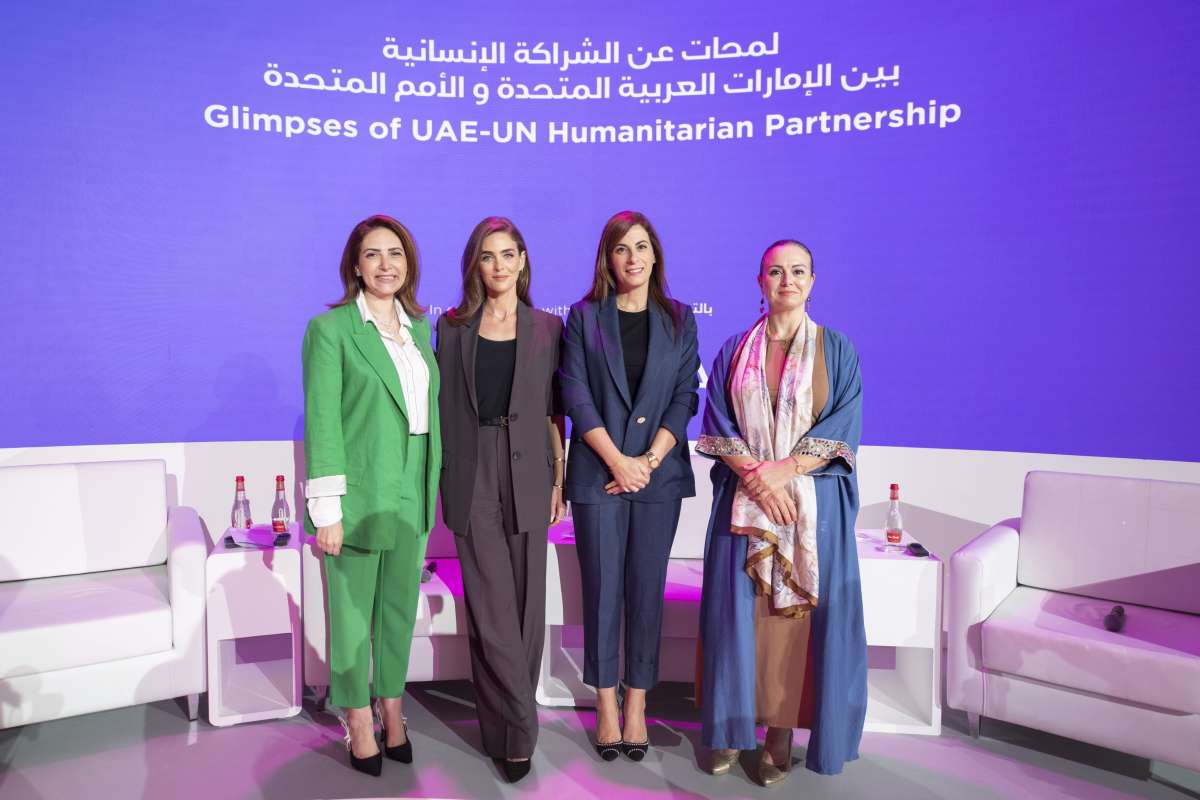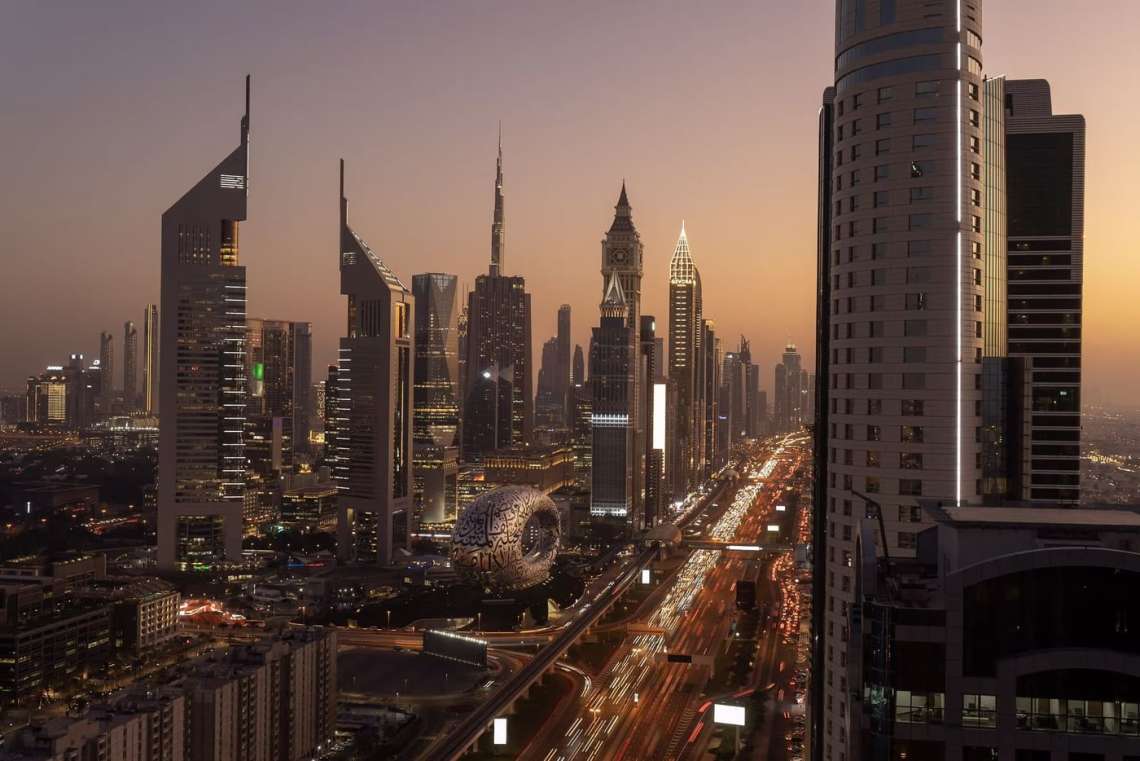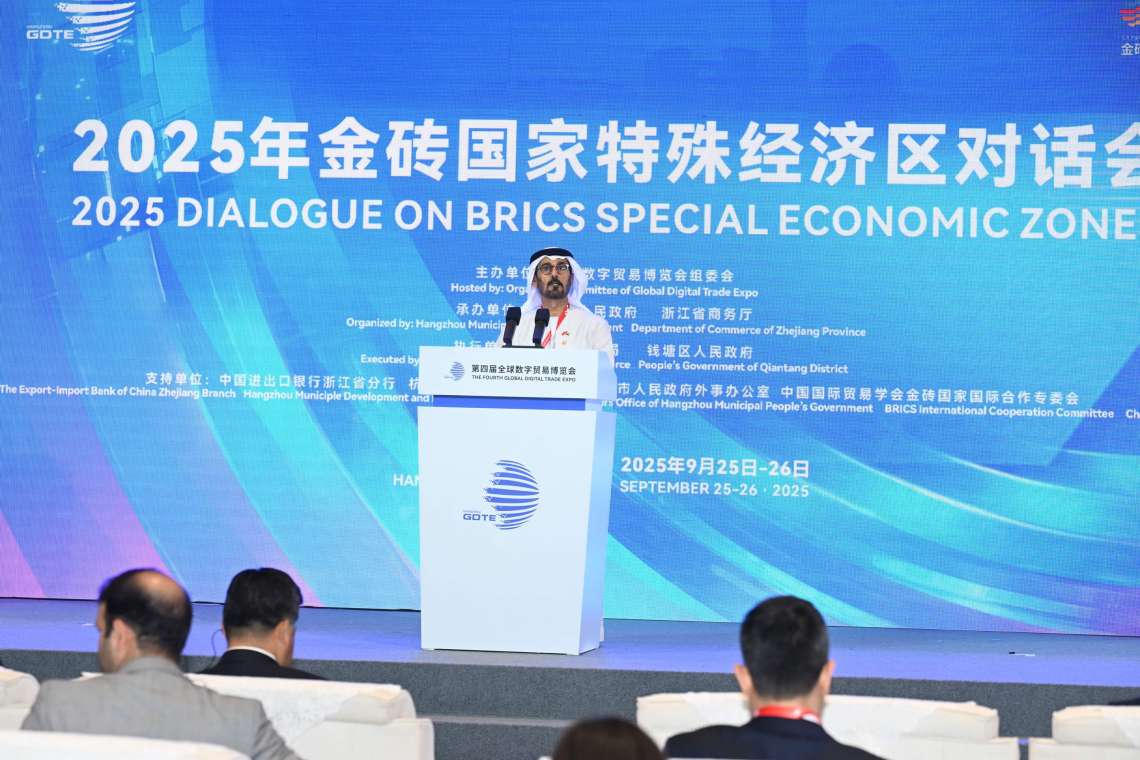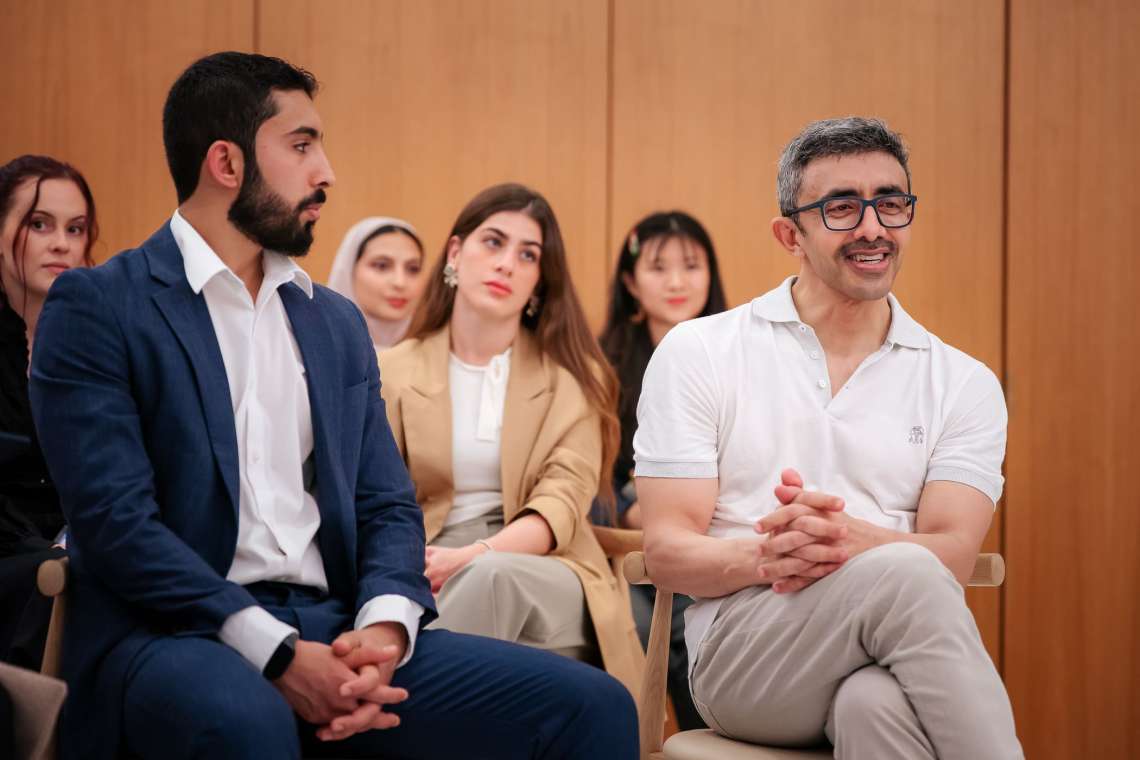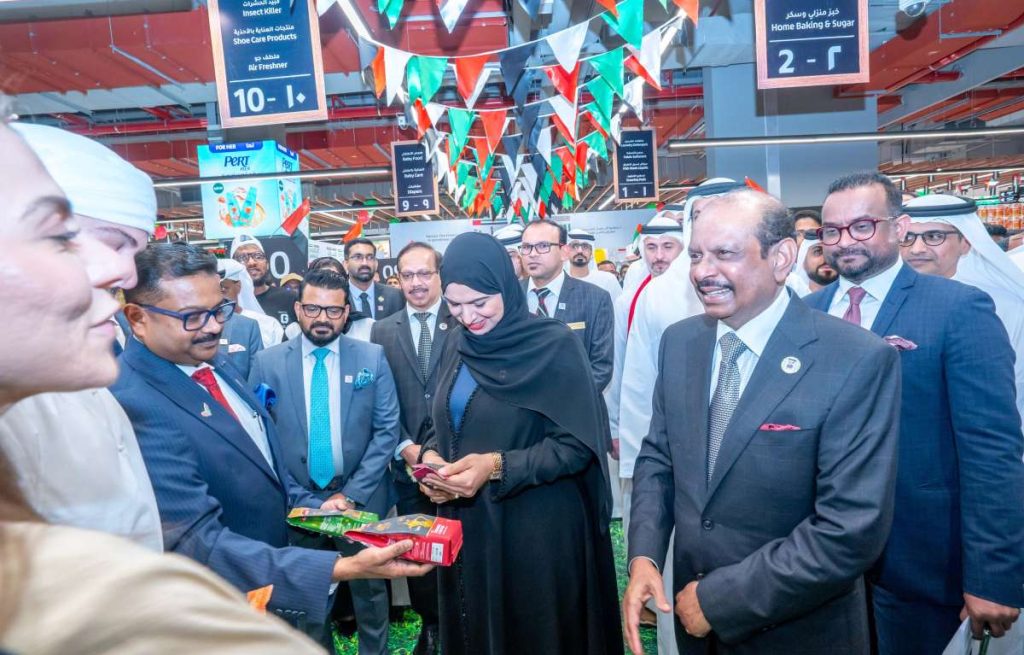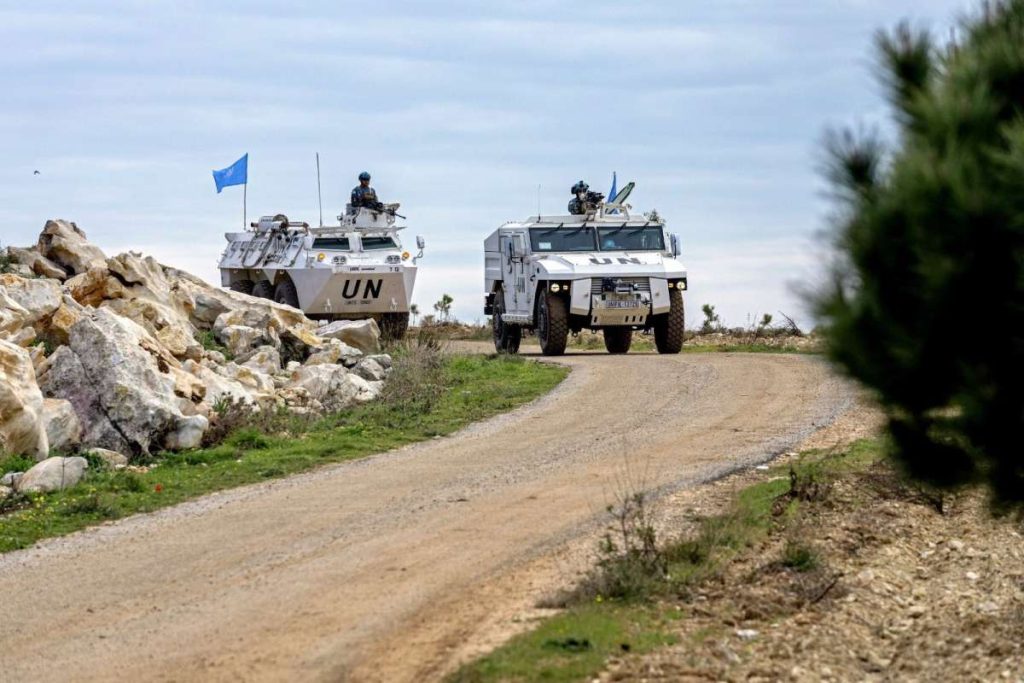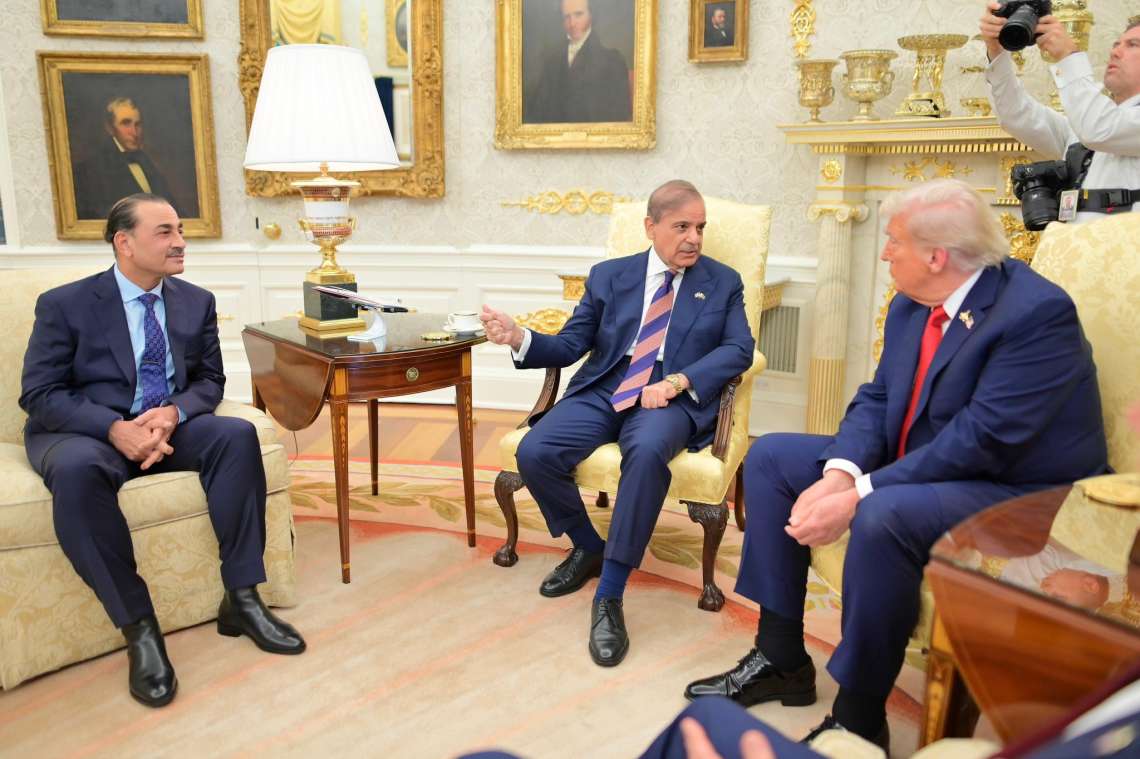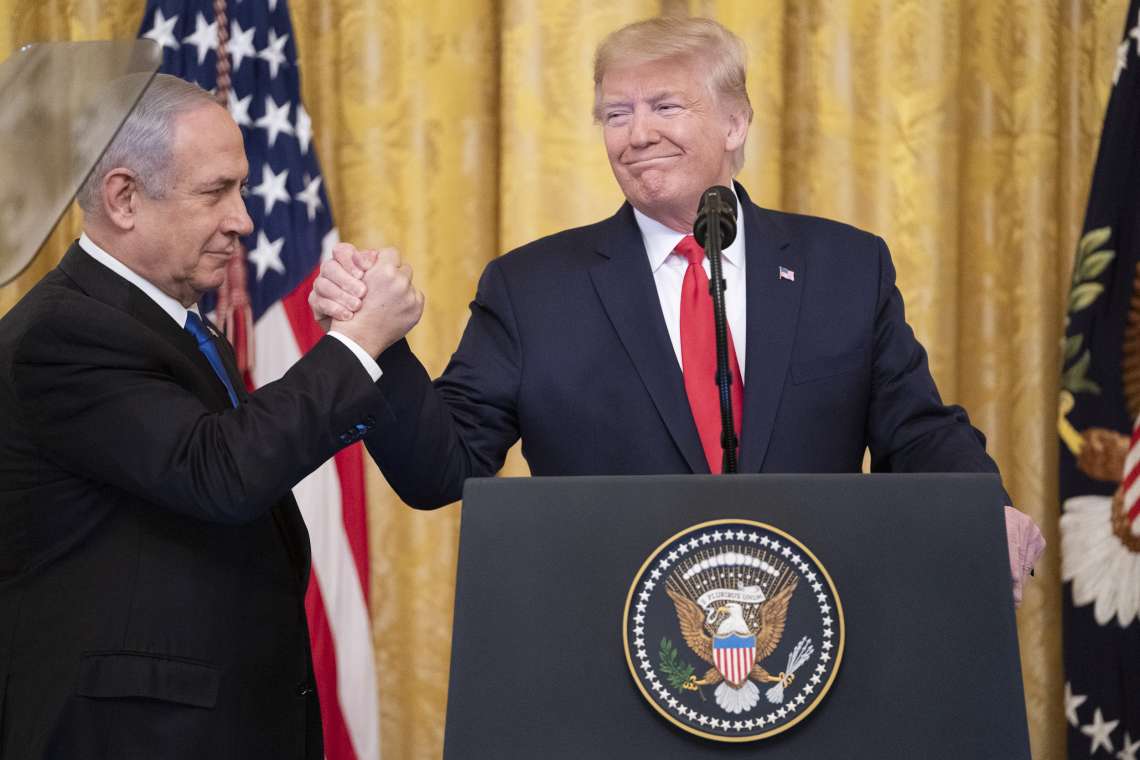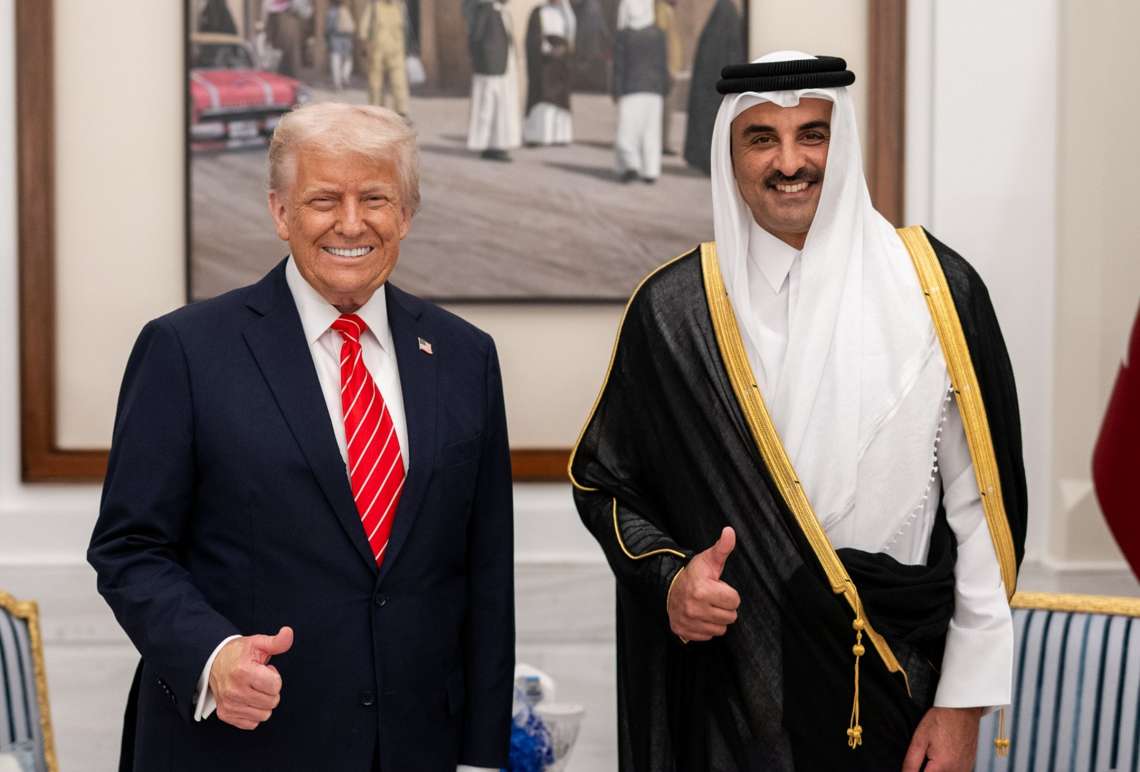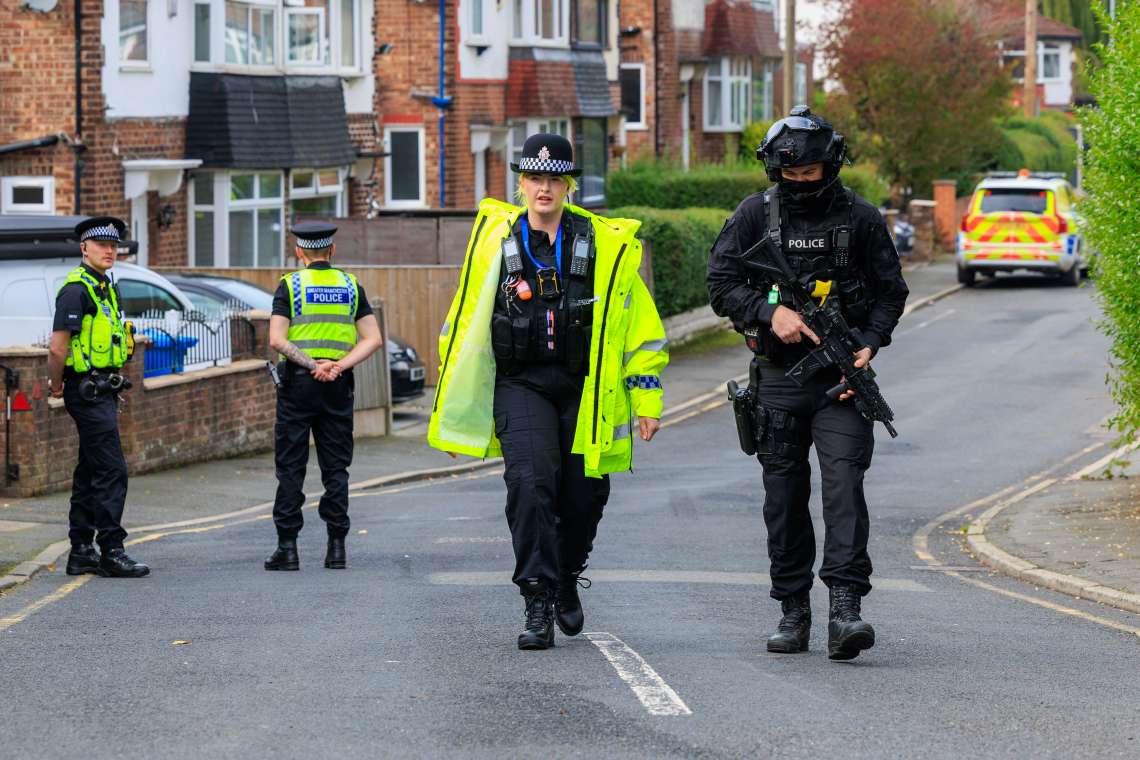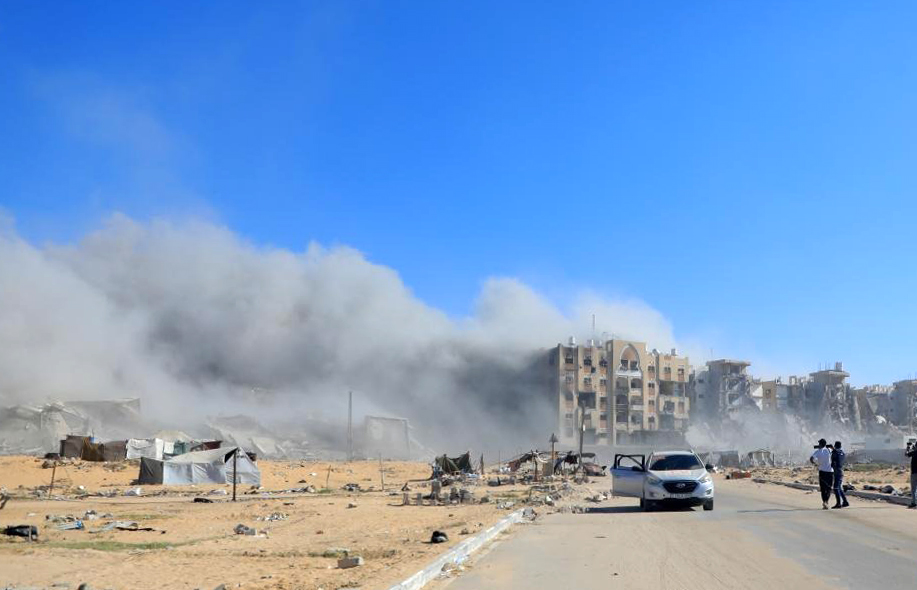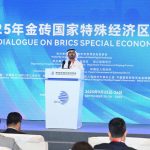At the Global Women’s Forum, experts stressed empowering women in MENA through education, UAE-led legal reforms improving employment access, and targeted policies, addressing low female workforce participation despite high education levels…reports Asian Lite News
The UAE stands as a shining example in the region for gender equality, with women’s economic inclusion surpassing the Middle East and North Africa (MENA) average.
Speaking at the Global Women’s Forum during the panel discussion ‘Empowering Entrepreneurs: Unlocking Opportunities for Financial Inclusion’, Charlotte Goemans, Programme Coordinator and Policy Analyst at the OECD, highlighted the organisation’s efforts to support women’s economic empowerment in MENA due to its positive economic and human rights impacts. “Despite higher education levels among women in the region, their labour force participation remains low, with women entrepreneurs representing only 2% of the sector,” Goemans said.
Other members of the panel included Estelle Loiseau, Gender Programme Officer, OECD Development Centre, and Angy El Yamany, National Program Director for Financial Inclusion, National Council for Women, Egypt.
A key driver of this outcome is reform of legislation co-led by the UAE Gender Balance Council, which eliminated barriers to women’s employment, and introduced targeted government policies to raise gender balance. For example, it abolished gender-based discrimination in employment, ensured equal pay for equal value, and introduced parental leave—an initiative that is pioneering in the region, said Loiseau. Other countries in the region initiated reforms granting women access to capital and workplace protections.
A recent project in eight MENA countries aims to address structural barriers to finance, such as unequal access to property and gender biases in financial systems.
The OECD’s Social Institutions and Gender Index (SIGI) highlight persistent gender-based discrimination, particularly in family laws. Innovative digital solutions in Egypt are helping rural women access finance and build credit histories, demonstrating the potential for scalable impact.
Addressing a question on why is the OECD is supporting women’s economic empowerment in the Middle East and North Africa, she said: “We are supporting OECD countries on this thematic. It’s not only the right thing to do from a human rights perspective; it’s also the smart theme from an economic point of view, because economies that have more women participating in the labour force are more competitive and more sustainable.”
El Yamany said that as a result of these reforms, women’s labour force participation has surpassed the target of 30% in Egypt. Also, the country made significant progress in narrowing gender gaps in education, which is essential for women’s economic inclusion
UAE’s role in UN humanitarian assistance lauded
The UAE continues to be at the forefront of global humanitarian assistance and the country’s partnership with the United Nations (UN) has been supporting gender equality and women’s empowerment across countries, including in conflict zones in the region.
In a session held in partnership with the UN Office for the Coordination of Humanitarian Affairs (OCHA) on the second day of the Global Women’s Forum Dubai 2024, titled, `Glimpses of UAE-UN Humanitarian Partnership,’ eminent speakers said the spirit of humanitarian assistance is part of the very fabric of Emirati culture, and the country’s support continues to have a strong economic and social impact on affected communities in the region and the world.
Panellists in the session included Dr. Sara Chehab, Senior Research Fellow, Anwar Gargash Diplomatic Academy, Berangere Boell, Resident Coordinator for the UAE, UN, Sajeda Shawa, Head of the UN Office for the Coordination of Humanitarian Affairs (OCHA), UAE, and Maha Gorton, Head of Women’s Pavilion, Expo City Dubai.
“The United Nations Office for the Coordination of Humanitarian Affairs (OCHA) in the UAE is deeply honoured to participate in this year’s Global Women’s Forum Dubai. We are delighted to highlight the success of humanitarian partnerships between the UN and the UAE, with a special focus on diplomatic engagements, governmental and semi-government collaboration, and the UAE’s remarkable engagement with the broader UN system,” said Sajeda Shawa, Head of the United Nations Office for the Coordination of Humanitarian Affairs (OCHA) UAE.
“The UAE’s humanitarian commitment is not new; it is deeply rooted in the values and culture of the nation. Since the days of the UAE’s Founding Father, the late Sheikh Zayed bin Sultan Al Nahyan, and under the visionary leadership of Her Highness Sheikha Fatima bint Mubarak, the ‘Mother of the Nation,’ these principles of compassion and generosity continue to inspire impactful humanitarian action locally and globally,” she added.
Dr. Sara Chehab highlighted that a significant proportion of the UAE’s humanitarian aid supports women’s economic and social empowerment globally, reflecting the country’s own achievements. With one-third of cabinet members being women and nearly 50 percent representation in diplomatic roles, the UAE is a testament to the vital role of women in society, she said.
Lauding the UAE’s continued contribution to the UN humanitarian assistance programmes, Berangere Boell said the UN-UAE partnership rests on the fundamental principles of humanity, impartiality, neutrality, and independence.
“The partnership is on a continuum this year and the UN appreciates the UAE’s contribution to the humanitarian assistance it has been providing,” said Boell. According to her in 2023, the UAE’s contribution to the OECD’s Development Assistance Committee (DAC) was 27 per cent, up from the US$10 billion in 2022.
Recently this year, the UAE’s assistance in the conflict zones included US$130 million for Lebanon and US$100 million for Sudan, apart from the food aid airdrop support in Gaza, she said.
Speakers at the session echoed that partnerships are part of the humanitarian fabric of the UAE, and the need is to collectively work together for sustainability, gender parity and inclusion. There is also a need to work towards bringing women to the fore in peace negotiations and such an inclusion will help in successful outcomes, they added.
ALSO READ: Philippine President meets UAE leaders
ALSO READ: UAE arrests 3 over death of Jewish rabbi

